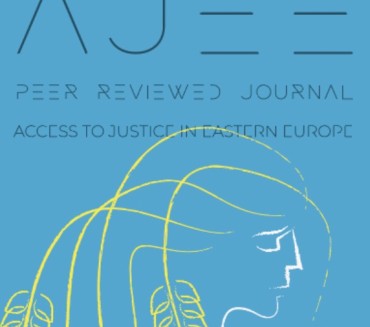Summary: 1. Introduction. – 2. Why are the Western Balkans a Solid Ground for Russian Political Influence? – 3. Russian Influence in Serbia and its Reflected Scenarios in Kosovo. – 4. Conclusions
Background: The Western Balkan region has long struggled under extensive pressure and influence from Russia and the West. World developments have occasionally echoed tensions among nations in the region, including a prolonged EU and NATO membership process, which has increased the possibility of Russia’s influence, especially after the aggression in Ukraine. This article analyses the increase in Russia – Ukraine tensions and its direct correlation with the increase of tensions in the Western Balkans through hybrid war methods understood through Zhyhlei and Syvak’s definition: “a fragmentary and situational combination of different methods and theories of war, their integration into different spheres, especially political, religious, ideological, ethical, economic and informational.”5 The higher Russia’s aggression in Ukraine, the higher the pressure on Serbia to fuel tensions in the Western Balkans. This pressure comes through direct threats, media propaganda, and influence on parallel structures and financial support for CSOs, through which Russia increases its influence in the Balkans through Serbia as its closest ally. This influence strategy is particularly important for Russia to undermine the power and influence of the West and NATO in former Yugoslav states, especially those with open conflicts which serve as a global distraction from a possible power decline in Ukraine.
Methods: Through discourse and thematic analysis, this article analyses local, regional, and international media, data, and publications of international organisations, press releases of international and regional institutions, conclusions of distinguished scientists and heads of state over the current situation in the Western Balkans, and interviews with representatives of CSOs and institutions in Kosovo. The influence of Russian aggression in Ukraine, with Russia’s pressure to increase tensions in the Western Balkans, has been analysed in the framework of Western unipolar influence and Russia’s attempts to return to multipolarity.
Results and Conclusion: Among others, it is concluded that Russian influence is present in the Western Balkans and seeks to destabilise the region by activating passive conflicts from the past or opening new conflicts to defer international attention from the power decline in Ukraine, which did not produce the results that Russia had expected. This is possible through Serbia, Russia’s closest ally. The solution to prevent Russian influence and any future conflicts among Balkan states is to accelerate NATO and EU’s integration of Western Balkan countries.

